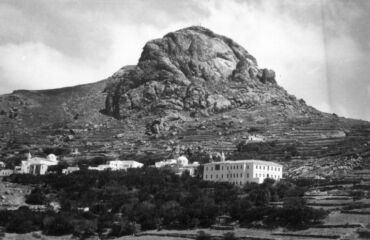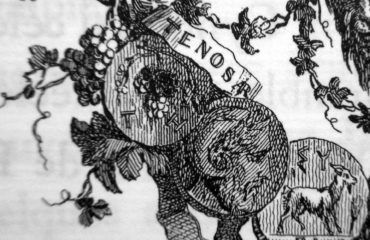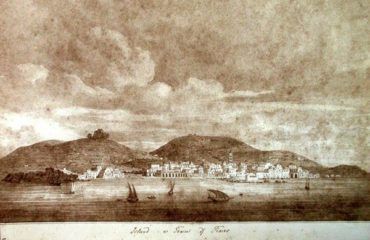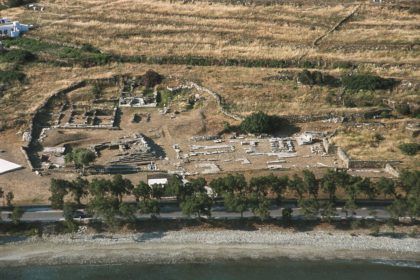
Tinos within time, as Markakis Zallonis, the unknown Greek enlightener and medical philosopher from Krokos has written it down, back in 1809.
They say that the island was named by someone called “Tinos” who was the first man who got to live there. Bochart ascribes the name to the Dorian dialect and specifically to the Phoenician word Tannoth that means reptile because this island was packed with this kind. However, this etymology is not quite certain. Nevertheless, Tinos is named by the Greeks as Ophiusa which means the island with the many snakes. Hesychius mentions the viper of Tinos, obviously thanks to the name of this island.
Another name attributed to Tinos was “Hydroussa” because of its plenty waters.
The island is part of Cyclades and for a period of time was conquered by the Ionians of Asia. Next, it formed a separate democracy like all the other islands of Archipelago. Herodotus, in his renowned piece “Xerxe’ s war against Greece”, refers to a ship of this island which strayed from the fleet of the Persian king so as to meet the Greeks who were blocked into the straits of Salamina. This ship informed the Greeks of the ship formation that Xerxes had set against them in order to prevent them to get out of the straits. So, the Greeks were able to get efficiently prepared for the battle. For this action, the name of the Tinians was marked on the base of a sculpture of Apollo in Delphi because they have contributed in the ouster of the barbarians from Greece…
The Tinians are also mentioned among the people who had sent troops at the Battle of Plataea where Mardonius, the leader of Persians was defeated. Many times they were allies of Athens and almost always they shared the fate of this democracy.
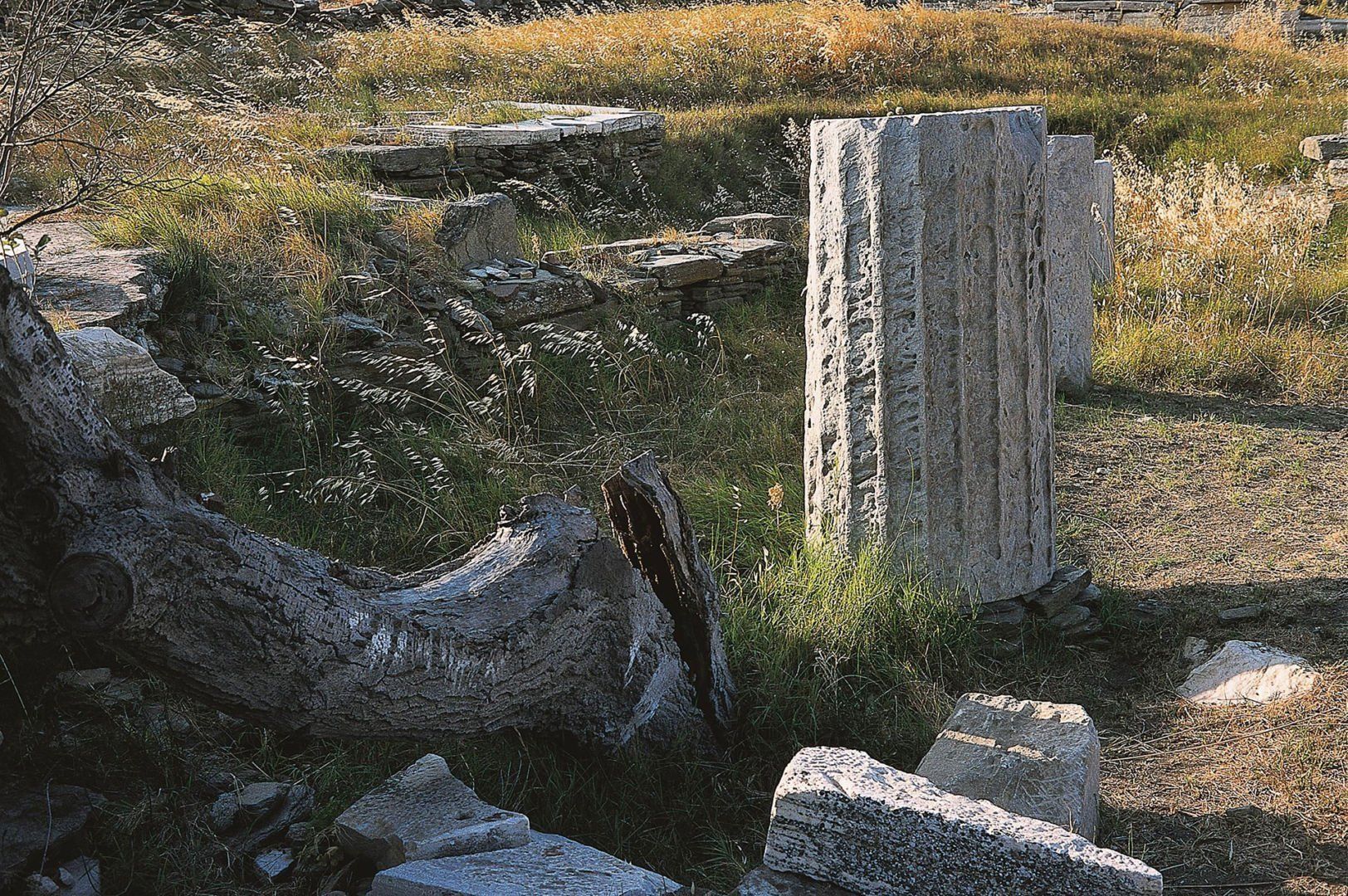
The town of the island was very close to the coast and the outskirts, in the heart of a sacred parkland there was the famed temple of Poseidon. The specific god was the most important deity of the island and was worshiped under the denomination “doctor”, fact that revealed his occupation. It is said that he had cleaned up the island from the snakes by sending storks to Tinos. The Tinians were depicting him at their coins and often were accompanying his face with a snake in order to demonstrate that they also honored him as God of Health. His temple is mentioned on an inscription which was seen by Mr. M. De Villoison when he passed by Tinos.
They had just dag it up near the town of Agios Nikolaos, in the location of the old town which is still called Polis and perhaps the foundations of the temple are inside. This inscription which is lengthy, is referred to a resolution of the people of Tinos in order to honor Timonas, son of Nymphodorus of Syracuse by accepting him to the sacrifices and awarding him with a golden wreath as reward for his virtue as well as goodwill and esteem that he felt towards the “League of the islanders”.
This remarkable expression, M. de Villoison says, affirms a kind of connection of Cyclades, the same connection that the thirteen towns in Asia Minor which constituted the “Panionic League”, had.
Tacitus mentions the privileges that the temple was endowed with. Strabo mentions that nearby the temple, there were many dining tables, fact that indicates that many people were going and participated in the sacrifices offered by the Tinians during the celebrations of the specific god. Moreover, the Fifth day of their return, the seafarers used to offer a small goat.
It is said that in this island there was a stone that was moving with the first blow of the North Wind. They claim that it was on the tomb of Calais and Zetes, sons of Boreas, but nowadays there is no reference to this matter.
The island lived peacefully under the roman domination and the era of the Greek emperors as well. After the conquest of Constantinople by the French, in 1207 it passed to the domination of the Venetians and it remained this way for a long time. So, the Venetians, every second year, were sending a Venetian noble to the island in order to be its ruler.
In 1537, under the sultan Selim B’, the notorious Barbarossa took the command of the island by the Venetians.
But soon, people rebelled, slaughtered the Turkish and the island returned to the democracy of Venice. Thirty three years later, Piali pasha with a fleet of 200 galleons and 100 various other ships, as he was passing near Tinos, he wanted to boast about his conquest. He debarked to the island 8.000 men who attacked to the castle that was set on a sheer rock. William Paruta, an official of the island, placed inside the fort all the inhabitants who wanted to help for its defense. They defended intensely. The Turkish tried without success to seize the fort by surprise. They were repelled and ran away. Piali, in order to take revenge, pillaged the whole island, set fire to the villages and massacred those inhabitants who did not make it to the fort. But quite soon, he was forced to get on his fleet, after having suffered a great defeat in front of the fort.
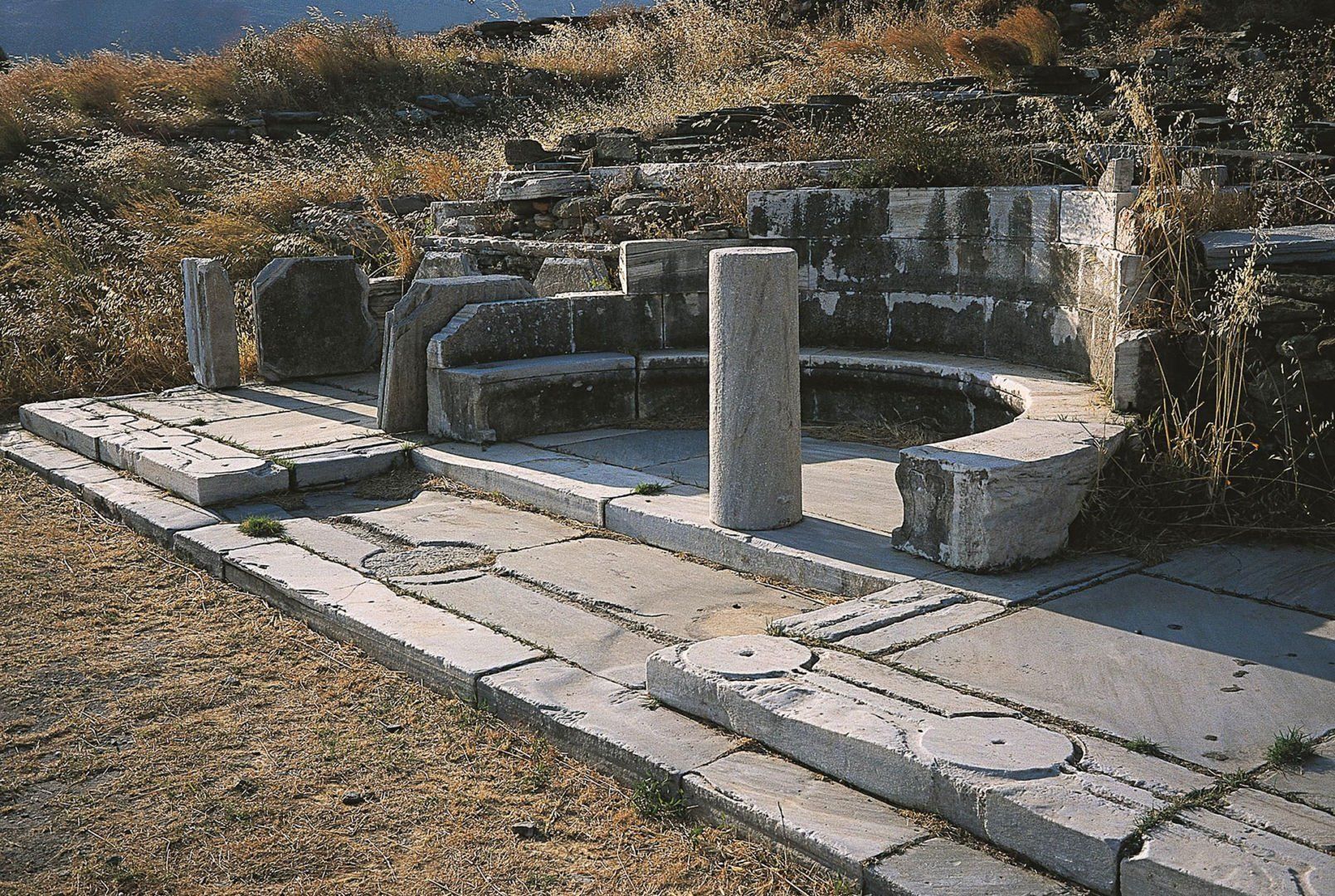
In 1652, Leonard Foskolos, the leader of the Venetian fleet, once more kept the Turkish away from the island when they had debarked and plundered Tinos. When the Turkish saw that the Venetian fleet was getting closer, they got on their ships in such a hurry that they left at the seafront some of their soldiers as well as all of their spoils.
In 1654, the Turkish debarked for one more time on the island and under the sultan Muhammad D’, during the Cretan war, captain-pasha Hussein tried to conquer the island again but the admiral Georgios Morozini, who had left a fate in order to surround Chios, was seeking for the Ottoman admiral with the rest of his fleet so as to battle agaibst him. While he was passing by Tinos, he heard firearm bangs, ran and made the hostile troops to run away.
The Turkish were fed up of all these vain efforts but were thinking that the possession of Tinos would help them conquer everything in Archipelago that belonged to the Venetians, so in 1665 began negotiating on this matter. They asked from the Venetians to destroy all fortresses that they had in Tinos and other crucial places and under this prerequisite, they would not disturb them regarding the exploitation of Crete. But the (Venetian) Senate realized the ploy of such a proposition and stopped immediately the negotiations. The Turkish were desperate because they did not manage to accomplish their ploy, they restarted their attacks and in 1684 they tried, but in vain, to conquer Tinos.
In 1696 they retried to take the island by surprise. Bus as soon as the Turkish admiral was in the open sea, Alexander Molino the principal admiral of the Venetian fleet fell onto him with such a rage that he was forced to draw away at Dardanelia. The following year, Captain pasha returned with even more powerful troops and managed to get off the island but later he was obligated to retreat thank to the chivalry of its inhabitants.
Nevertheless, in 1714 Captain pasha Janun Hoxha arrived in June 5th in front of Tinos, debarked to the island without almost no resistance because all inhabitants had gone to the castle. He went directly to the fort where he arranged his siege in front of the fort and suggested for descent surrender to the commander Bernardo Balbi. The last one, despite the good formation of the escort and the inhabitants who wanted to fight and even though he was waiting for help that was coming soon, he thought that he should not resist to the siege. He got panicked by the forces of the enemy and believed that he could not bear to his attacks. So, he had the canons deactivated and all the gunpowder wet and he delivered the island to the Turkish. They destroyed completely the castle and in order to make the inhabitants lose every hope of returning to the Venetian government, they transferred 200 families to the coast of Africa.
Bernardo Balbi, after having returned to Venice, he wanted to persuade the Senate that his decision was taken based on prudence and it was beneficial for the democracy, given that he managed to save an escort that had experienced all the proper credits of the war. But the Senate judged absolutely differently his action and considered that it was an action of cowardice that could become a very dangerous example. So, they condemned him to lifetime sentence and died to prison. Since then, the Turkish are the dominants of Tinos and the castle is left abandoned. ..
Excerpt of the book “Journey to Tinos, one of the islands of the Greek Archipelago”, by Markakis zallonis. It has been written in French and published in Paris in 1809.
PHOTO: Aristidis Kontogeorgis
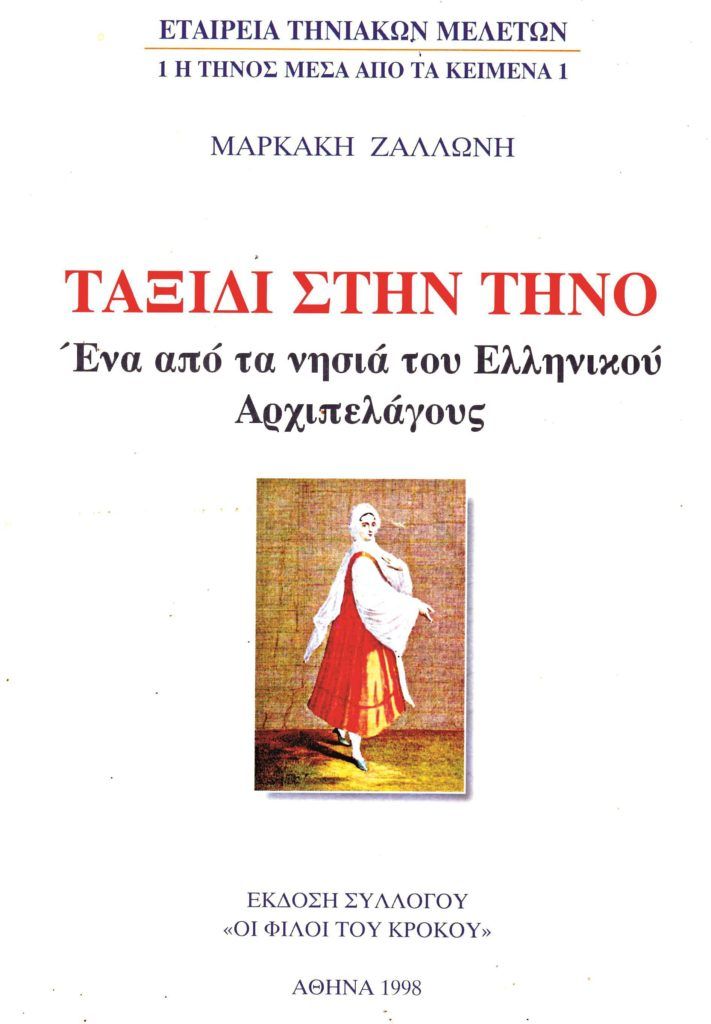
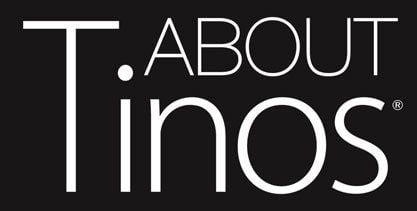

 Ελληνικά
Ελληνικά 